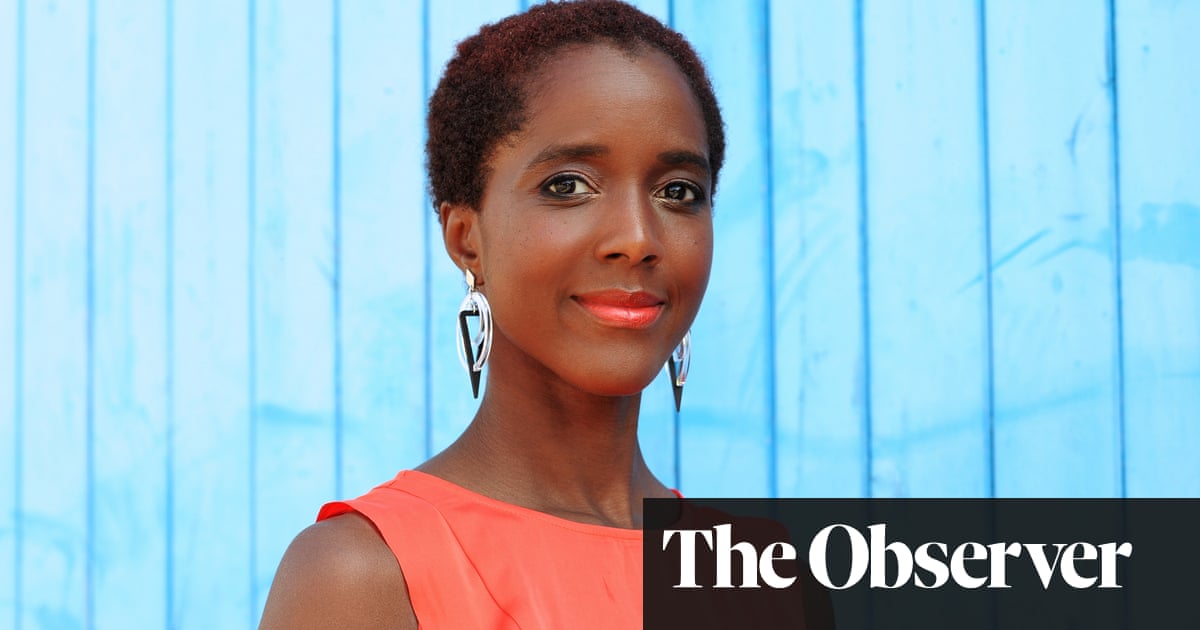No more white saviours, thanks: how to be a true anti-racist ally | Nova Reid - 5 minutes read

‘A good ally is a person who advocates and works alongside the Black community, who uplifts communities for a shared common goal’: Nova Reid. Photograph: Suki Dhanda/The Observer Race No more white saviours, thanks: how to be a true anti-racist ally In order for true diversity to flourish, we need to first become unswervingly anti-racist. That means doing more than watching a few documentaries or reading some books, says Nova Reid. Consciously ‘unlearning’ racism is the crucial first step
In the weeks that followed I saw a great deal of what I call “performative allyship”: white people cancelling and shaming “those other white people over there’’ on the internet; making a corporate statement to stand in solidarity with Black Lives Matter, without checking in on any Black staff; sharing links to articles that their friends should read that they hadn’t read themselves; donating to charity without any further anti-racist action; liking Black friends’ posts about racism, but not picking up the phone to check in on them at the height of Black Lives Matter; perfectly curating a mini, styled photographic shoot of anti-racism books and using them as props on social media feeds without having ever actually read any of them.
We’ve been revolting, rescuing ourselves and rising up, in spite of systemic oppression, for centuries. We’ve had no choice but to, for our own self-preservation and survival. What we really need white people to do is consciously, consistently and intentionally unlearn racism. It’s no secret that shame and guilt go hand in hand with unlearning racism – but you can’t do this work in any meaningful, or truthful way without experiencing these feelings at some point and you will consistently feel uncomfortable. Trying to do anti-racism work while remaining comfortable, to actively avoid confronting feelings, is just not possible.
Students often find their way to my online anti- racism academy via Instagram, word of mouth or seeing a colleague or someone they admire engaging in the work and feeling compelled to do better at work and in the world around them. A lot come because they want to raise socially conscious children. Others, if I am honest, also come under the guise of guilt. One such student shared something with me: “My performative allyship and saviourism is somewhere between perfectionism, people-pleasing and wanting to make everything OK in the world, so that I don’t have to feel the pain, discomfort, hurt and anger of others. I want utopia so I don’t have to deal with big emotions. I wanted the answers quickly in anti-racism work, so I could do my bit and move on. I realised I can’t make a difference if I can’t face the thought of not being liked or upsetting people.”
This student also realised that what was holding them back from being anti-racist was a common theme throughout all aspects of their life. They had a real fear of not belonging and upsetting people – and a bigger fear of dealing with these feelings. So much so that they would usually avoid them. But much like most students who engage in my work, it has also taken them down a path of healing and addressing parts of their behaviour that need attention. Because you cannot be truly anti-racist without confronting parts of yourself that you hide or ignore.
There’s an impulsive desire to fix, to be the hero of the story, to swoop in and rescue and, for some, it also comes from a place of superiority and/or a desire to be forgiven. It feeds into something called the “White Saviour Industrial Complex” – a term first coined by Harvard professor and novelist Teju Cole in 2012. “White Saviour Industrial Complex is not about justice, it’s about having a big emotional experience that validates privilege… There is much more to doing good work than ‘making a difference’. There is the principle of first do no harm. There is the idea that those who are being helped ought to be consulted over the matters that concern them,” explains Cole.
This can be difficult to understand, and to get right. People really do think they are doing the right thing, but without understanding the consequences. The British charitable organisation Comic Relief came under fire in February 2019 when Stacey Dooley went to Uganda on behalf of the charity and shared a photograph of herself on social media with a young Black toddler, holding him in her arms and cooing at how cute he looked. Some white people were outraged when the (Black) Labour MP David Lammy responded to the photo with a tweet by saying, “The world does not need any more white saviours.”
It is a person who wants to learn how to recognise what everyday racism looks like – from pay inequity to social persecution – and address it. A person who learns to hold the tension between being asked to speak up while, at the same time, also being asked not to speak up on behalf of Black folk and people of colour and just listen. To hold the fear of saying the wrong thing, while having a strong desire to say and do something.
It is a person who accepts that there is no certificate or completion date. To accept they will get it wrong and do it anyway. But it is mostly a person who accepts that there is no magic formula, or a one-size-fits-all approach to this work. The only way to be truly anti-racist is go on a journey to unlearn your own inherent racism, because it is on that journey that you will find your unique path to becoming actively anti-racist.
Source: The Guardian
Powered by NewsAPI.org